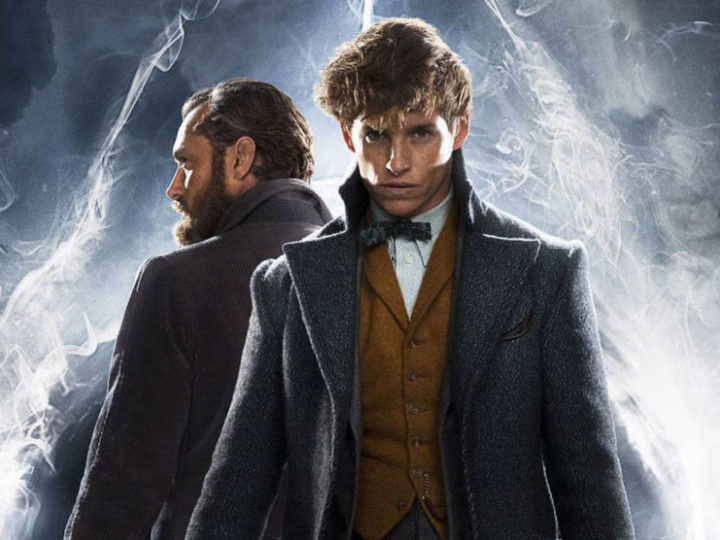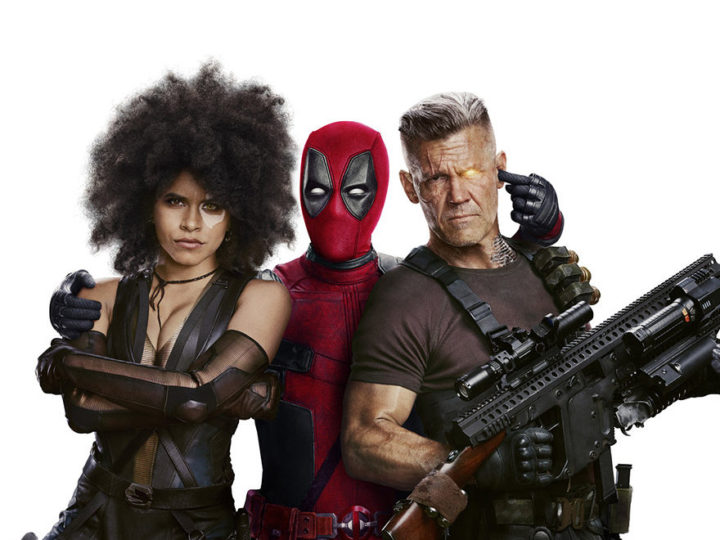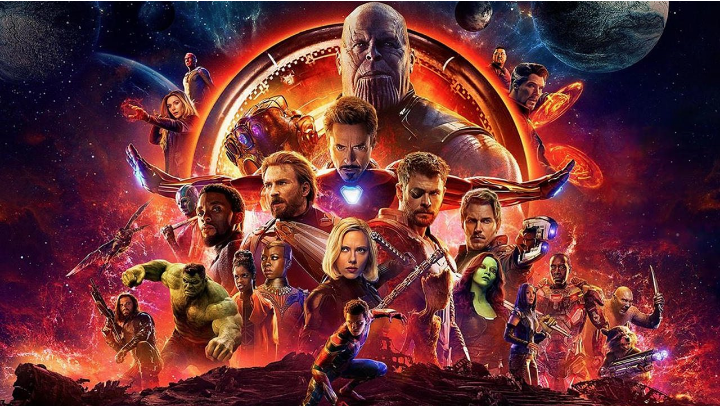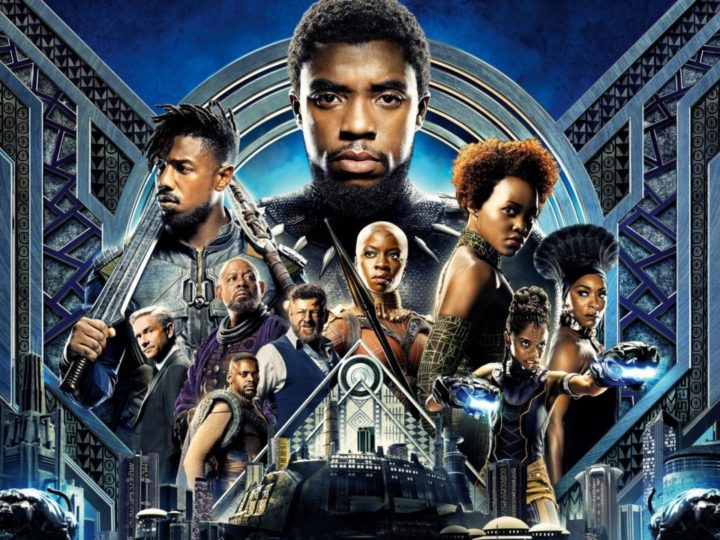“This movie is not about switched babies, but about the time your nourish your child relationship.” With such perspective, the director Kore-Eda Hirokazu presents then his movie with a more thoughtful problematic that we could first imagine. More thoughtful indeed, as he claims this movie idea came from his own relationship with his young daughter. I guess, when such thematic is from the artist himself and put on the screen, all his personal vulnerability revealed makes a simple concept generously emotional and touches all. This artist skills is for me, the real talent when personal feelings actually belong also to the crowd.
The logline is very simple: two families learn one day that their six years old boys have been switched at their birth. Growing from two different structures, one with a work alcoholic father as a lonely boy, the other less wealthy with brothers and sisters, they are confronted to a dilemma: keep it or switch? Blood or family ties?
The focus is on the very busy father and the young Keita, looking for his father time and pride. Indeed, thanks to this simple concept, the director has a freeway to expose all the complex layers of family bounds.
We should not be surprised, since he tried out this thematic with NOBODY KNOWS 2004, where, here too, Japanese kids are faced to their parents’ unperfected choices and have to find strength and courage from themselves to deal with this hard truth.
What does connect a father with his son? Is this bound as fragile as superficial or on the contrary indestructible? This thematic is as fundamental as universal. Remember in the Bible where Abraham and his son scarification is a good metaphor of it. Therefore the answer of this question may be not easy at all. That is all the interesting part of Kore-Eda film, as he doesn’t try to give a good and categorical answer through judgmental situations. Love is love, but there is plural ways to share it. Mothers love is as specific as fathers or brothers & sisters.
With this said, this movie is definitely not a philosophical dialogue where the audience feels far away. Kore-Eda brings us those questions through an interesting twist of modernity and spontaneity.
First, for the modernity, the Japanese culture brings a very architectural and urban decor. This helps to set designed lines and creative shots. Besides, all this visual structure comes with majestic Bach compositions performed by Glenn Gould.
Then, for the spontaneity, parents and children interactions brings a lot of mixed feelings. You don’t need to understand a specific language when a look and an attitude can tell much more. Indeed, during the premiere, the audience was laughing, disappointed, hoping for the best, having fun and moved: this is true family, nothing perfect, always trying to build a stronger and safer balance. Moreover, you can guess this spontaneity thanks to a lot of improvisation Kore-Eda allowed to the kids.
Indeed, as in NOBODY KNOWS, the children’s delivered incredibles performances because they are true. Without the direct response of the kids, the movie will fall into a flat dialogue between parents and their fears. That is why it works so well. With this balance found, the story reaches a certain grace since actors performances bring multiple complex emotions to describe a family plus a honesty and an accuracy that transcend the genre.
No surprise that Spielberg is interested and bought the rights of this 2013 Cannes Jury Prize to work on a remake!




